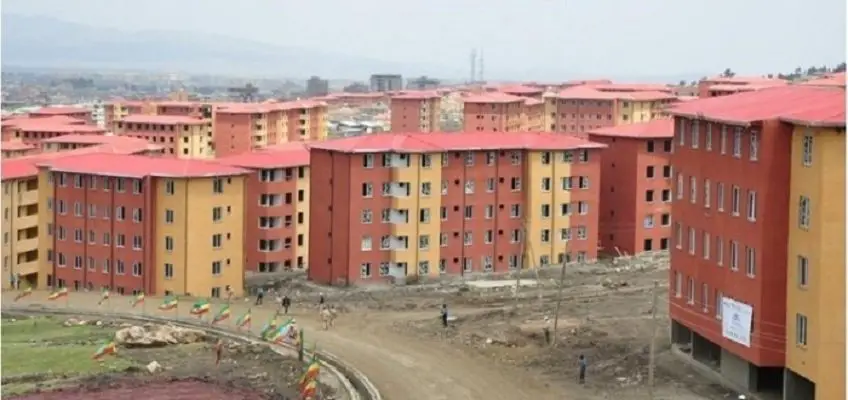Ethiopia now seeks to leverage on condominiums to boost housing programme already up and running in the country. Since 2005, the Ethiopian government has been implementing an ambitious low- and middle-income housing initiative dubbed the Integrated Housing Development Programme (IHDP).
Condominiums to boost housing
This initiative mainly targets to build 400,000 condominiums to boost housing in the country, promote the development of 10,000 micro – and small – enterprises ,create 200,000 jobs, enhance the capacity of the construction sector, promote home ownership for low-income households and regenerate inner-city slum areas
Although the initiative could not met all of its major targets, it has managed to attain remarkable achievement in many areas. For example, it has constructed about 160,000 housing units since its inception.
It has significantly increased the number of homeowners that that previously never hard hopes of owning a home in their lifetime and at the same time has boosted the housing market by increasing the supply of owner-occupied housing and rental units.
In fact, over 750,000 condominium houses are in the pipeline and will built in the second Growth and Transformation Plan (GTP-II) period. A total of 335,000 houses will be built in Addis Ababa alone. During the implementation period, the government will put up a total of 430,000 houses, while over 243, 000 residential houses will be built by cooperatives in partnership with real estate developers.
However, lack of precast, limited capacity of contractors and the overall lack of infrastructural inputs remain a major challenge to the housing project. In fact, the project has also enhanced the construction sector capacity, reduced the slums problem and been a major generator of employment opportunities.
Major challenges
The Addis Ababa Saving Houses Development Enterprise recently held a consultative forum with stakeholders to address the challenges and explore the prospects of the housing industry at Ghion Hotel. Stakeholders from various government and private owned institutions held discussions on the performance of the 40/60 Housing Programme implementation.
The Enterprise could identify the external and internal hindrances of 40/60 housing progress. Hence, limited capacity of contractors, lack of precast, metals, and over all lack of infrastructural inputs are among the challenges faced by the programme.
The Enterprise said that the 40/60 saving houses development project would allow people to own houses through their savings, and poses significant contribution so as to guarantee equitable wealth distribution among citizens.
Housing in Africa continues to be a major challenge despite several measures that have been put in place to manage the situation.
